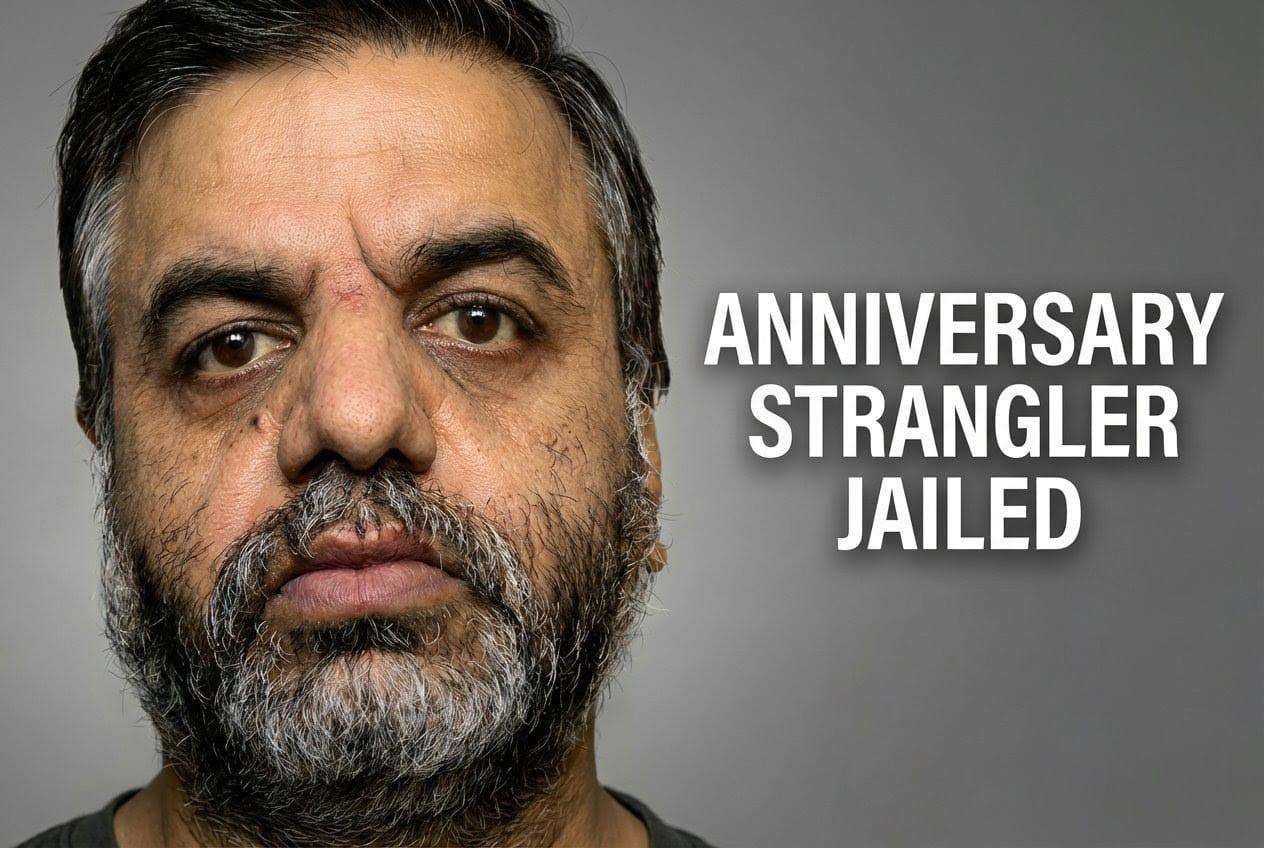Suspected cases of online hate crimes reported to police have quadrupled this football season in England, according to an exclusive Sky News investigation.
The UK Football Policing Unit has now urged the government to create a dedicated body to combat racism in sport, following a surge in racist incidents both online and in stadiums.
One of the most troubling cases involves England defender Jess Carter, who revealed that racial abuse during the Euros nearly pushed her to quit the tournament. Police have since made three arrests, identified a fourth suspect, and are investigating six more people overseas — though no charges have been filed yet.
The scale of abuse is also evident in the experience of Kira Rai, a British Sikh Punjabi player for Peterborough United. Despite her impressive debut — scoring a five-minute FA Cup hat-trick — she faced a flood of racist messages telling her she “doesn’t belong” in the UK.
Rai told Sky News that joining a new club should have been a celebration, but the racism she faced was “a reflection of society.” She added, “Football mirrors what’s happening in society right now — the tension and intolerance are growing.”
Police data shows a sharp rise in online racism, with 170 cases referred to authorities already this season, up from 54 in the same period of 2022–23 and 41 in 2023–24. Chief Constable Mark Roberts called the increase “depressing,” noting that more of these cases now meet the criminal threshold, totaling 154 so far.
Racism has also been “creeping back” into stadiums, particularly in lower leagues. Roberts suggested that hate expressed online may be influencing behavior at matches, warning that offenders must face “serious consequences.”
He also criticized Elon Musk’s X (formerly Twitter) and Meta’s Instagram for inconsistent enforcement of anti-hate policies, saying, “If something meets the criminal prosecution threshold, it should clearly breach community guidelines — yet we often have to fight to get information.”
Around two-thirds of racist incidents originate overseas, mostly from parts of Eastern Europe and Asia, making enforcement difficult. Roberts called for a joint anti-racism taskforce uniting police, football authorities, and campaigners like Kick It Out, supported by government funding, to handle both education and enforcement “in a coherent, unified way.”
Players like Rai agree that open discussions are essential:
“For real change to happen, we need to have uncomfortable conversations. People need to listen to players’ and fans’ experiences — that’s the only way to make real progress.”
As the Women’s Super League showed last weekend, footballers are no longer just taking a knee — they’re taking a stand against racism.







_9.jpg)
.svg)
